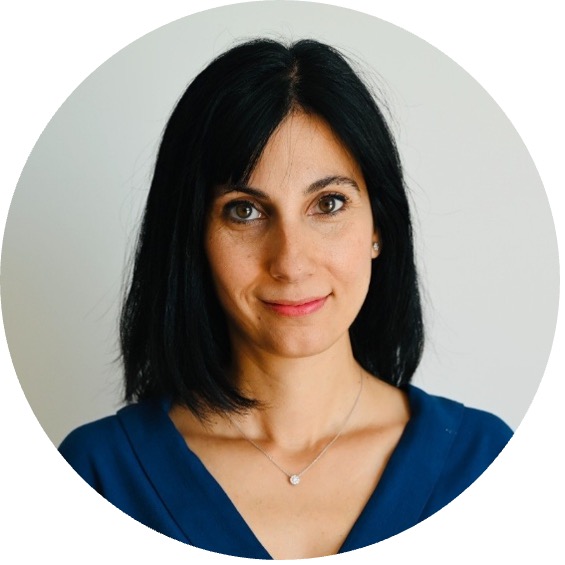
Prof. Sílvia Osuna is first supervisor of DCs number 6, 8 and 12. Additionally, she is training manager.
Sílvia Osuna received her PhD in chemistry in 2010 from the University of Girona (UdG) at the Institut de Química Computacional (IQC). In 2010, she moved to the group of Prof. Houk at the University of California, Los Angeles (UCLA) with a Marie Curie postdoctoral fellowship where she started to work on the field of computational enzyme design. In 2018 she obtained her current ICREA Research position, and last year, she was promoted to part-time Full professor at the University of Girona.
The group of Prof. Osuna was established thanks to the awarded 2015 European Research Council project – Starting grant project (ERC-2015-StG-679001) and focuses on the development of new computational tools and approaches for computational enzyme design.
Key expertise
The OsunaLab studies biochemical processes mainly related to enzyme catalysis at the interface between computational chemistry and biology. The lab is developing new computational tools for predicting which amino acid changes are required to the enzyme structure to allow novel function, enhance a promiscuous side reaction, or expand its substrate scope.
The group’s goal is to enable the routine computational design of proficient enzymes to boost their use in industry for the synthesis of pharmaceutically relevant targets.
OsunaLab research facilities include the GALATEA supercomputer for performing extensive Molecular Dynamics simulations, which has been recently remodeled thanks to the new European Research Council – Consolidator Grant project FASTEN. It is based on 352 Intel Xeon CPUs, 118-NVIDIA GTX1080, 16-NVIDIA A4500, and 8 AMD EPYC 7453 with a total of 224 cores with 8-RTX4090 and 2-A100. The group also owns a wet lab of ca. 100 m2 for the experimental production, purification, storage, and characterization of the different enzyme variants. The lab is equipped with all necessary equipment for recombinant protein assays including: two ÄKTA GO for protein purification, plate reader for assays, GC-FID for analysis and HPLC for analysis.
Hosting Institution
The University of Girona (UdG) is a public institution founded on 30 December 1991. It is devoted to excellence in teaching and research in science, humanities, social and health sciences and technology. UdG has been recently recognized with the European Commission’s “HR Excellence in Research” award. It has 110 research groups associated to 24 departments, 9 faculties and schools and 12 research institutes. UdG offers training activities and courses to PhD students, including several related to transferable skills (e.g. writing and communicating science, incorporating the gender perspective in research, ethics, open science, entrepreneurial promotion) as well as to scientific topics (e.g. NMR practical aspects, mass spectrometry-based proteomics, statistics, Artificial Intelligence, research in the context of the climate emergency).
One of these institutes is the Institute of Computational Chemistry and Catalysis (IQCC) that is a worldwide reference unit in computational chemistry and catalysis that aims at carrying out ground-breaking research on predictive catalysis. The IQCC has an outstanding group of 114 researchers: 17 permanent staff members (6 full and 9 associate professors and 2 senior investigators of the ICREA programme), 3 Ramón y Cajal researchers, 22 postdocs, 59 PhD students and 3 emeriti. It has 4 professors distinguished as ICREA Academia fellows and 3 ERC StG/GoG/PoC/AdG awardees. It is funded by European excellence programmes, H2020 (ERC, FET-OPEN, SWAFS, MSCA-ITN, MSCA-IF) and COST, the National R+D programme of Ministry of Science (27 running projects) and others. European funds account for >40% of total funding.
https://www.udg.edu/ca/instituts/quimica-computacional-i-catalisi
http://iqcc.udg.edu/http://iqcc.udg.edu/
Contact
silvia.osuna@udg.edu
https://www.osunalab.com/
http://iqcc.udg.edu/portfolio/silvia-osuna/
https://www.linkedin.com/in/s%C3%ADlvia-osuna-a402aa7
University of Girona (UdG)
Institute of Computational Chemistry and Catalysis (IQCC)
Faculty of Sciences
Emili Grahit 91, ed. Monturiol, P0A1
17003 Girona
Spain